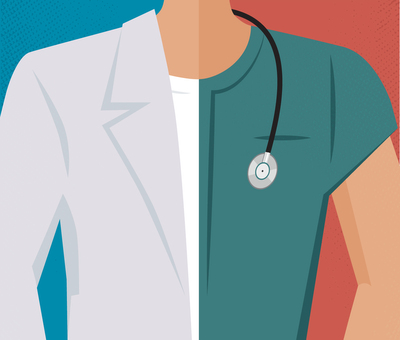Issue of dual control of pharmacy education in India by Pharmacy Council of India and All India Council for Technical Education has been affecting quality and prospects of pharmacy professionals for some time now. No initiative has been taken by the Central government to sort out this issue even after repeated representations by the PCI and pharmacy professionals in the past. In 2015, PCI made an appeal to all the pharmaceutical associations, pharmacy professionals and new graduates to come together on one platform to press for a single regulating body for the pharmacy education in the country. Nothing much happened even after that appeal. PCI is upset mainly because AICTE is also sanctioning new pharmacy colleges and conducting periodical inspections of these institutions without the knowledge of PCI. In view of this, there is confusion existing among the pharmacy colleges, students and common man as to which authority is actually responsible to ensure standards for the pharmacy education and the profession. Now, the State Pharmacy Council of Kerala has brought in a resolution into the central committee meeting of the PCI last week once again urging the Central government to do away with the AICTE control on pharmacy courses in the country.
PCI is the authority entrusted only to lay down the curricula and other educational norms for various pharmacy courses in the country. AICTE, on the other hand, has the statutory power to regulate the educational programmes in engineering, technology, architecture, town planning, management, applied arts and crafts, hotel management & catering technology besides deciding standards of degree and PG programmes in pharmacy conducted by academic institutions affiliated to various universities. Every year AICTE conducts inspections of pharmacy colleges during the December – January period. PCI also sends its officials to pharmacy colleges for conducting the same inspections every year. AICTE has been granted the authority to sanction new pharmacy colleges as pharmacy education is considered to be a technical education. It is because of the existence of these two bodies doing the same function, the number of pharmacy colleges has gone up to undesirable levels in the country today. Many of the pharmacy colleges have no adequate number of faculty and even basic infrastructure affecting quality of the professionals coming out. Pharmacy education needs to be periodically improved a lot from the current level if India has to reach global standards. For achieving this, it would be ideal that a single authority like PCI is made accountable for regulating and developing it. AICTE already has the responsibility to oversee several other technical education programmes in the country.
Pharmacy education stands to be the corner stone for improving employability of upcoming pharma professionals in India as well as in overseas countries.It is imperative that for improving quality of pharmacy education,there is need for framing world class infrastructure and highly qualified faculties, which can well equipped newer professionals to meet with global standards of employment.
The current controversy prevailing beteen the two bodies responsible for pharmacy education in india such as Pharma council of india and All council of Technical education need to be resolved by central government and only pharmaceutical council of India should be empowered for promoting and improving pharmacy education in India.
The central government should sanction special budgets to Pharmaceutical council of India for developing world class infrastructure and highly qualified faculties to meet pharma professionals quality with global standards.


